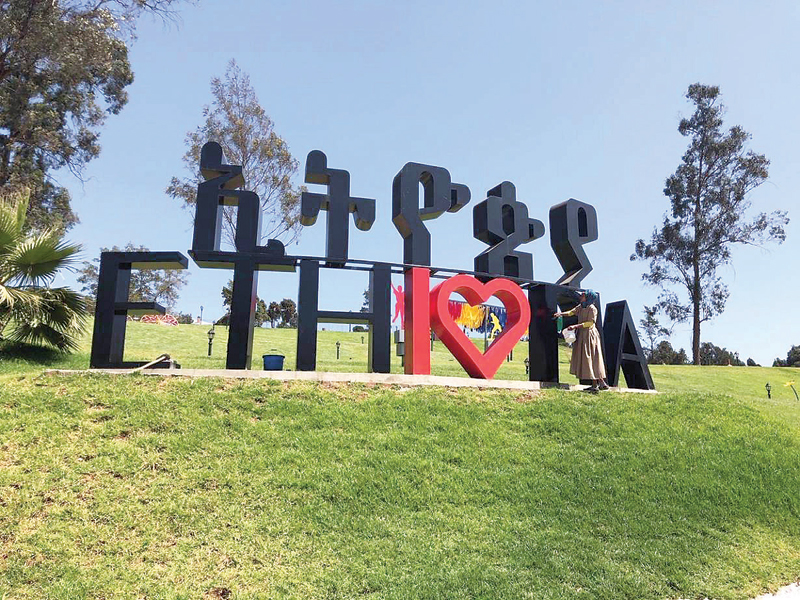

The opening of Ethiopia’s once-secretive imperial palace complex has been hailed as symbolising a new era of openness for the east African nation, but it also has another aim — job creation.
The Menelik palace and its 40-acre Unity Park compound overlooking Addis Ababa opened to the public this month after being closed for more than a century when it housed emperors but was also used as a torture site under the communist Derg regime.
It was established in 1887 by Emperor Menelik II and given back to the city by Prime Minister Abiy Ahmed, who came to power 18 months ago. The move “symbolises our ability to come together” while also boosting tourism and jobs, his office said.
The palace opening was cited at an annual gathering of social entrepreneurs in Addis Ababa as an example of a rising number of tourism businesses set up with a mission to help local communities — with warnings these projects came with risks.
“(The palace) will add value to our tourism... it will help Ethiopia,” said Samrawit Moges, founder of Travel Ethiopia, first company in the country to use female guides.
“But tourism is a very delicate sector that can change the country for better or for worse... we need to give high importance to the environment.”
The growing social enterprise sector is tapping into the global travel and tourism industry, which contributed a record $8.8 trillion and 319 million jobs to the world economy in 2018, according to the World Travel and Tourism Council (WTTC).
The WTTC forecast another 100 million new jobs by 2029.
Matt Pfahlert, co-founder of the Australian Centre for Rural Entrepreneurship, said growing numbers of tourism projects from Australia to Africa were being led by social enterprises — businesses set up with a mission to help society.
Pfahlert led a A$2.5 million ($1.7 million) community buy-back of an old jail in his home town of Beechworth in the Australian state of Victoria, that was famed for its connection to the nation’s legendary outlaw Ned Kelly.
It opened in 2017, creating 22 jobs in a rural area with few opportunities and was helping to raise funds to train young people on business development to stem a decline in rural areas.
“For us the jail is the engine for a national project,” Pfahlert said at the 12th annual Social Enterprise World Forum (SEWF).
“If we get it right we can make a huge difference,” said Pfahlert, adding that cycling tours were another draw.
He said tourism social enterprises focused on helping communities, while traditional tourism businesses tended to be profit-oriented with a focus on volume growth. — Reuters
Oman Observer is now on the WhatsApp channel. Click here



